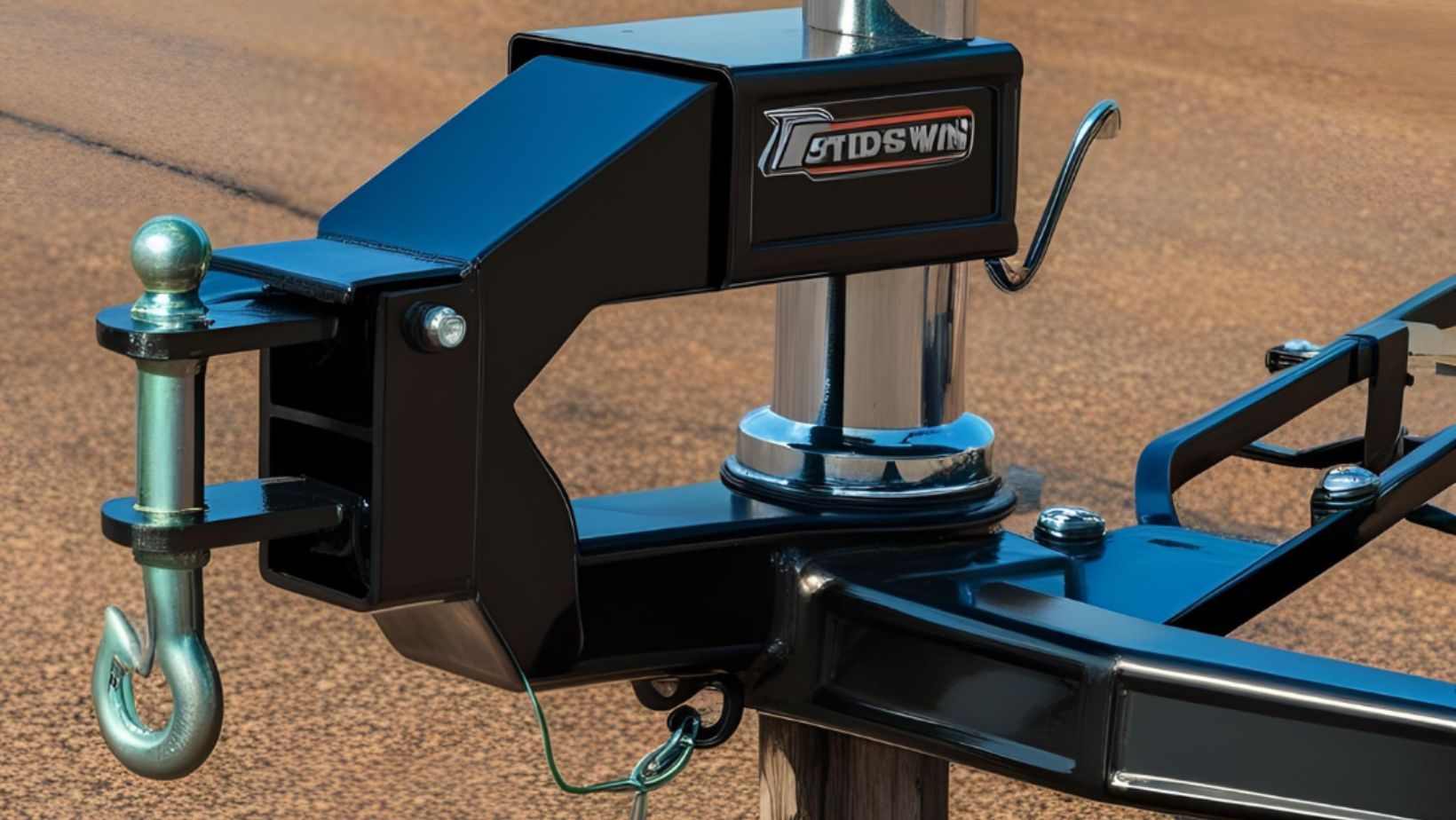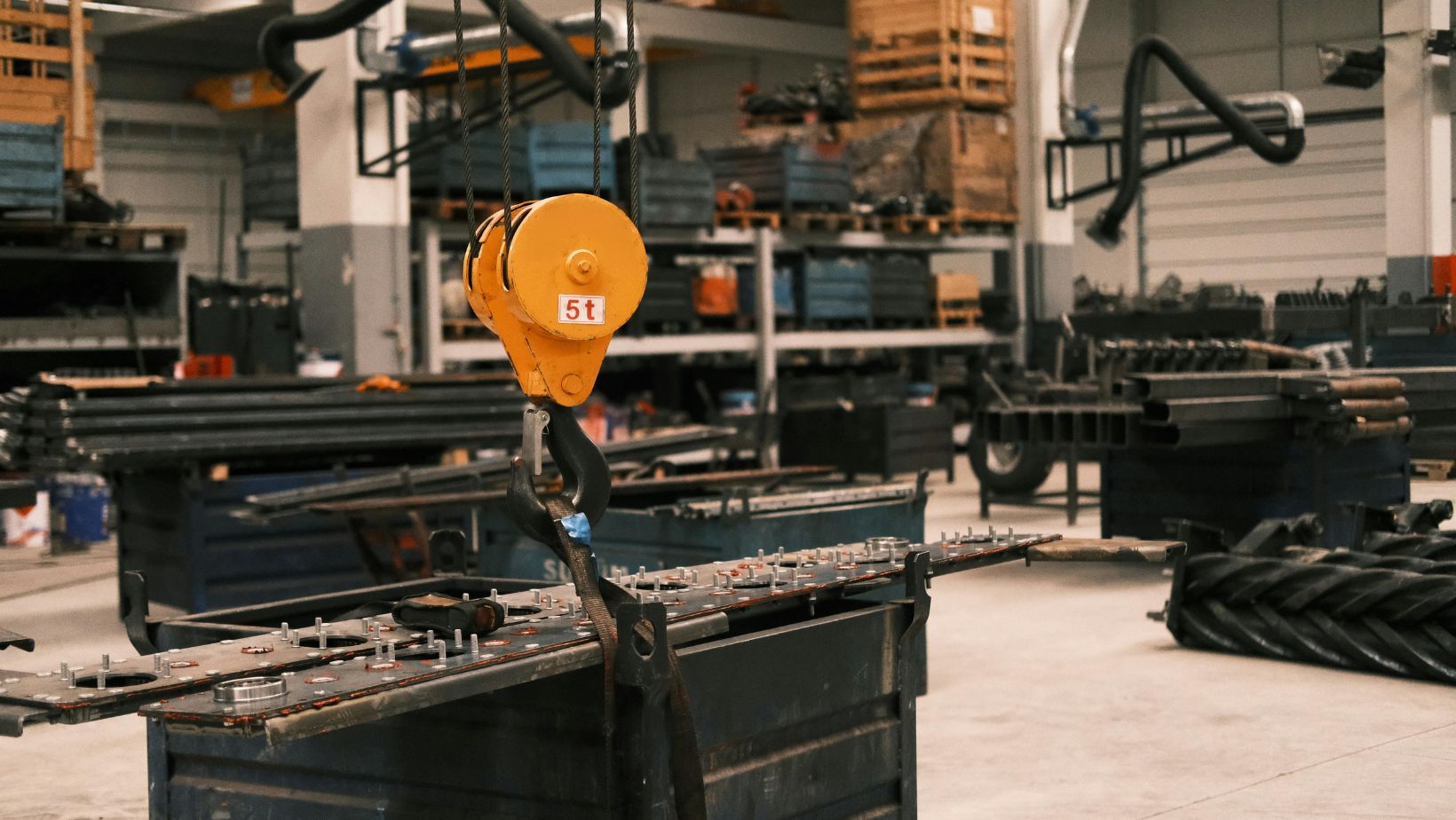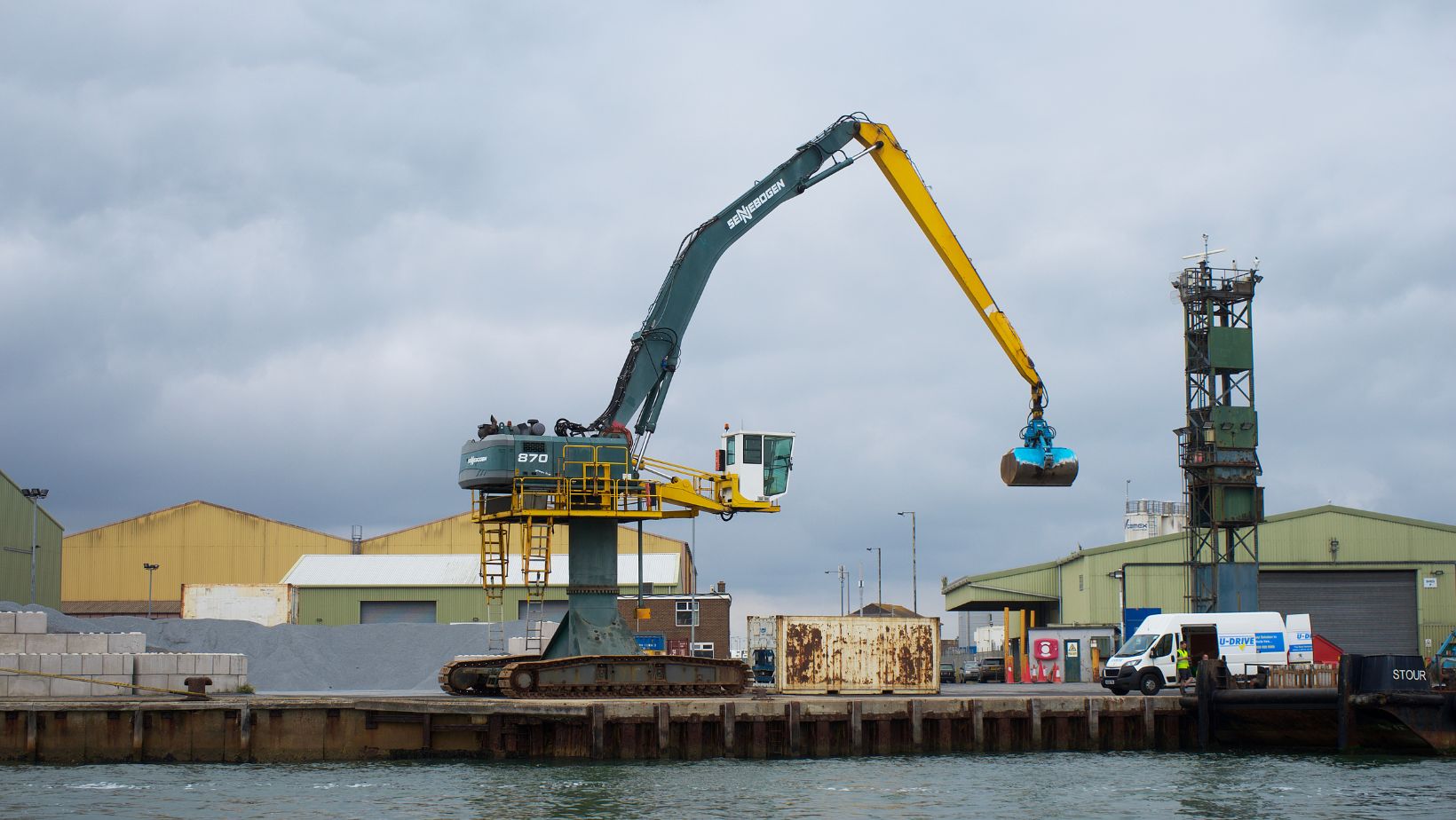 Hauling heavy loads requires more than a substantial truck—it requires a hitched system that provides strength, reliability, and control. Whether you are towing construction equipment, livestock, or a fifth-wheel trailer for long-distance road trips, the right hitch provides a smooth and safe ride every time.
Hauling heavy loads requires more than a substantial truck—it requires a hitched system that provides strength, reliability, and control. Whether you are towing construction equipment, livestock, or a fifth-wheel trailer for long-distance road trips, the right hitch provides a smooth and safe ride every time.
But with so many choices out there, how do you know which one is best for you? This entire guide will take you through the things you need to consider and how to make the best choice for your heavy-duty towing system.
Match Your Hitch to Your Tow
Before choosing a hitch, consider what you’re pulling. Are you pulling livestock over rough country? Hauling tools to a work site? Or towing a camper down twisty roads?
If your load is particularly heavy or oversized, you’ll need something engineered for strength and resilience. This is where gooseneck hitch solutions shine. Known for their tight turning radius and weight-over-axle design, goosenecks are trusted in agricultural and industrial settings. Their secure bed-mounted position delivers unmatched control, especially when navigating sharp turns or uneven roads.
Know Your Towing Needs
The first step in selecting the right hitch is to know what you’re towing, how frequently, and under what circumstances. Ask yourself the following questions:
- What is the weight of your trailer when fully loaded?
- How frequently do you tow, daily, weekly, or sporadically?
- Do you tow over highways, gravel roads, or rough terrain?
- Are there tight turns and problem parking?
Your answers to these questions decide your hitch selection more than you might think. A poorly matched hitch can lower towing efficiency and increase the risk of sway, bounce, and unequal wear on your vehicle.
Types of Hitches Used in Heavy-Duty Towing
Various hitches are used for various applications. Let’s sort through the most common choices for heavy-duty towing.
Fifth-Wheel Hitches
Placed on the bed of your pickup truck, fifth-wheel hitches offer tremendous power and stability. They’re ideal for towing heavy campers and RVS since they can shift the load directly into the rear axle. The system provides better towing stability and control, particularly during highway driving at high speeds.
Gooseneck Hitches
Gooseneck hitch models are most suitable for agricultural, industrial, or commercial towing applications. They also mount in the truck bed but employ a ball-and-coupler system. Their streamlined design enables tighter turns and better use of bed space when the hitch is not in use, something farmers and contractors especially like.
Heavy-Duty Receiver Hitches
Class IV and Class V receiver hitches are bolted under the back bumper. They’re great for utility trailers, boats, and equipment trailers. They’re not as heavy-duty as fifth-wheel and gooseneck hitches, but they’re very versatile and less complicated to install, making them a favorite for general heavy-duty towing.
Essential Things to Consider Before You Purchase
When selecting a hitch, don’t just consider weight ratings. There are many other aspects well worth your attention:
Load Ratings
Ensure the gross trailer weight (GTW) and tongue weight (TW) ratings of your hitch are equivalent to or more than your requirements. This does not overload your hitch or violate safety.
Smooth And Stable Ride
Nothing ruins a job or road trip more than excessive trailer swaying or bouncing. Choosing a hitch designed for greater towing stability can make a big difference in your driving experience. Some sophisticated systems reduce the jarring impacts of turns and bumps with smart weight distribution and more secure attachment.
Ease of Use
Convenience hitches are lifesavers. Look for models that do not require special tools to install or remove and that offer simple-to-use coupling mechanisms. Today’s ultimate towing connection systems are especially prized for their lightweight, simple, and secure hookup.
Construction Quality
Heavy-duty hitches must be rust, corrosion, and weather-resistant. Powder-coated finishes, aircraft aluminum, and precision welds all indicate extreme durability. Quality is worth it now to avoid expensive replacement down the line.
Why is Innovation Important in Towing?
The days of bulky steel hitches that required two individuals to lift are over. The latest top-of-the-line hitch systems are more intelligent, safer, and lighter than ever. Innovative products such as the ultimate towing connection have transformed motorists’ expectations of towing equipment.
These new hitches utilize the newest materials and design concepts to enhance performance. Some systems place the towing connection higher than the center of the truck’s axle for more even weight distribution, which places less strain on the vehicle and driver. The outcome? A smoother tow with improved fuel efficiency and reduced strain on your vehicle suspension.
Selecting the Proper Hitch: Practical Applications
If you’re assuming you’re an RV owner who’d love to embark on a road trip each summer, then a fifth-wheel hitch with easy mounting and excellent stability would be your pick. But if you’re in agriculture with machinery that needs to be towed across farm roads and tight turns, a gooseneck hitch is your best bet due to its maneuverability and compact build.
If you’re using multiple trailers, e.g., utility trailers weekdays and boats on the weekends, a good receiver hitch can provide the versatility you’re looking for.
Every towing situation requires a customized solution. Knowing your everyday use is as crucial as verifying technical information.
Maintenance Tips for Long-Term Performance
- Once you’ve chosen your hitch, maintenance is what will keep it safe and working correctly:
- Check bolts, pins, and locking devices prior to each tow.
- Use grease to lubricate moving components to minimize friction and wear.
- Rust, crack, or metal fatigue inspection after long-distance runs.
- Maintain the hitch dry and clean when not being used.
By following a regular maintenance schedule, you can prolong the life of your hitch and minimize the potential for failure on the road.
Final Thoughts: When it’s heavy-duty towing, your hitch is your connection to the load
Don’t make it a spot to save a few dollars or settle for second best. The proper hitch does more than offer towing capacity. It provides you with confidence, control, and long-term reliability. With improved solutions and higher-quality construction, modern-day hitch systems—like those from Andersen Hitches—are meant to withstand the most severe loads.
For towing across town or the country, a tough, dependable towing connection is not an option. If you’re willing to tow smarter with less stress and better control, it may be time to look to proven solutions from industry leaders who know what heavy-duty haulers require.

